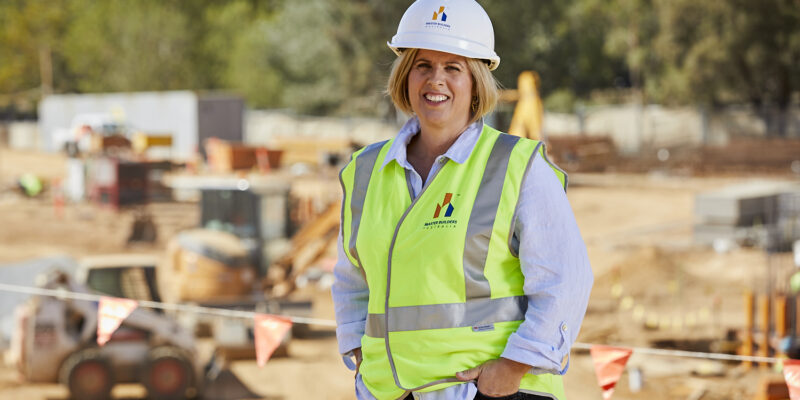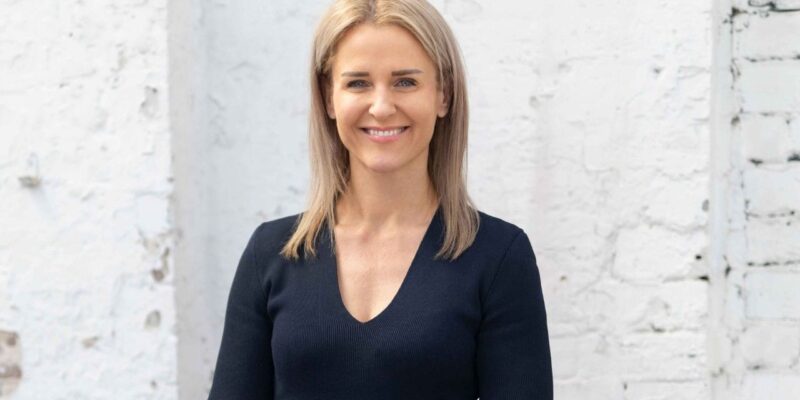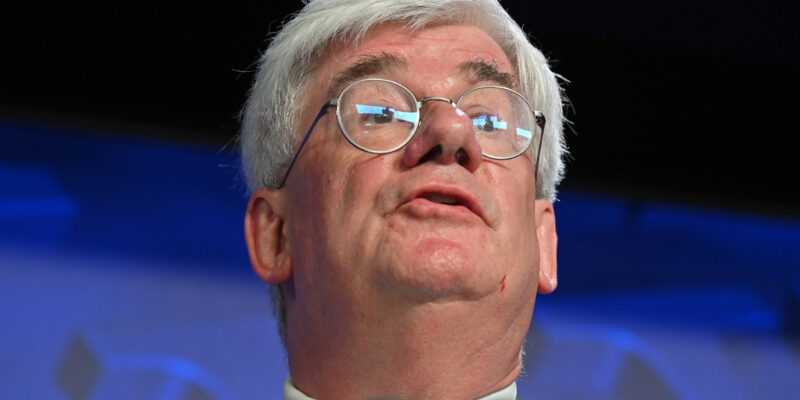New government must grapple with construction workforce and skills shortages
Leading construction bodies want the next government to alter its approach to skilled migration to ease a crippling shortage of tradies.

THE next federal government must roll out a national approach to fix a skills shortage in construction stymying building activity, a property industry group and engineering firm said.
Leading construction bodies are urging the government to alter its approach to skilled migration in order to ship in more migrants to ease a crippling shortage of tradespeople.
The Master Builders Association, which represents 1.35 million workers in 445,000 building and construction businesses, launched a forceful campaign in late February.
The powerful peak body is targeting seats where it believes politicians need to take notice of the problems facing the sector.
And it has been releasing a scorecard on how major parties are performing against the housing solutions checklist.
Master Builders Australia CEO Denita Wawn said: “We know a lack of supply is causing the housing crisis. While it’s been decades in the making, Australians rightfully expect it to be solved today.
“What kind of Australia are we building if we can’t even provide adequate housing options for people now?
“Builders and tradies are frustrated. We can’t keep tinkering at the edges, focusing on demand levers that do nothing to solve the problem, and dragging our feet on delivering existing supply constraint commitments. We need action on the ground now.
“Policies must be supply focused by bringing down construction costs, boosting productivity and ensuring land is shovel ready.”
Luke Sheehy, managing director of DC Partnership, a Sydney-based building regulatory engineering consultancy, said TAFE needed to be at the forefront of any nationwide overhaul on the issue after the election.
“At the federal level I think funding of education through TAFE would be a clear policy change that deserves and demands proper funding scheme,” Sheehy said.
The revamp would be “to build our own talent so we didn’t have to concentrate so much on migration to fill the void which is obviously needed in a skills shortage,” he added.
Sheehy, a consulting engineer, said the reality was that difficulties in sourcing local construction workers often made it tricky to ramp up work, what he termed getting “bums on seats”.
“As an employer it’s a lot of shortages of engineers and that travels through into the construction industry where there’s a general skills shortage on tradesmen.”
He backed Labor’s recently announced policy giving a $10,000 wage bonus for apprentices to work in housing construction and clean energy. That move followed a review of the apprentice incentive system which found low wages were preventing completion of apprenticeships.
But Sheehy said more could be done to skill up young building and construction workers.
For instance, he said it would help if the government assisted SMEs with tax incentives to accelerate workers though training to “level up” staff from junior to senior roles.
“It’s having that network of courses and development that help people improve themselves every day and I think TAFE’s a great breeding ground to do that,” he said.
“TAFE’s a good crossover for people on the tools to transfer and upskill themselves into a consulting role or learn different skills to go on and grow their own businesses.”

The Property Council of Australia, in its election platform, also highlighted the need to attract “a productive workforce to meet the surging demands of housing and other construction”.
“The next federal parliament must oversee a clear national productivity agenda and boost overseas investment to create the city assets we need as state governments turn from mega projects to budget repair,” council CEO Mike Zorbas said in a statement provided by a spokesperson.
“Success will only be possible if we embrace global capital and skilled workers. Engagement with the property industry will be essential.”
The major industry body listed the skills issue alongside boosting housing supply, attracting more global investment and decarbonization of cities as its key election asks.




